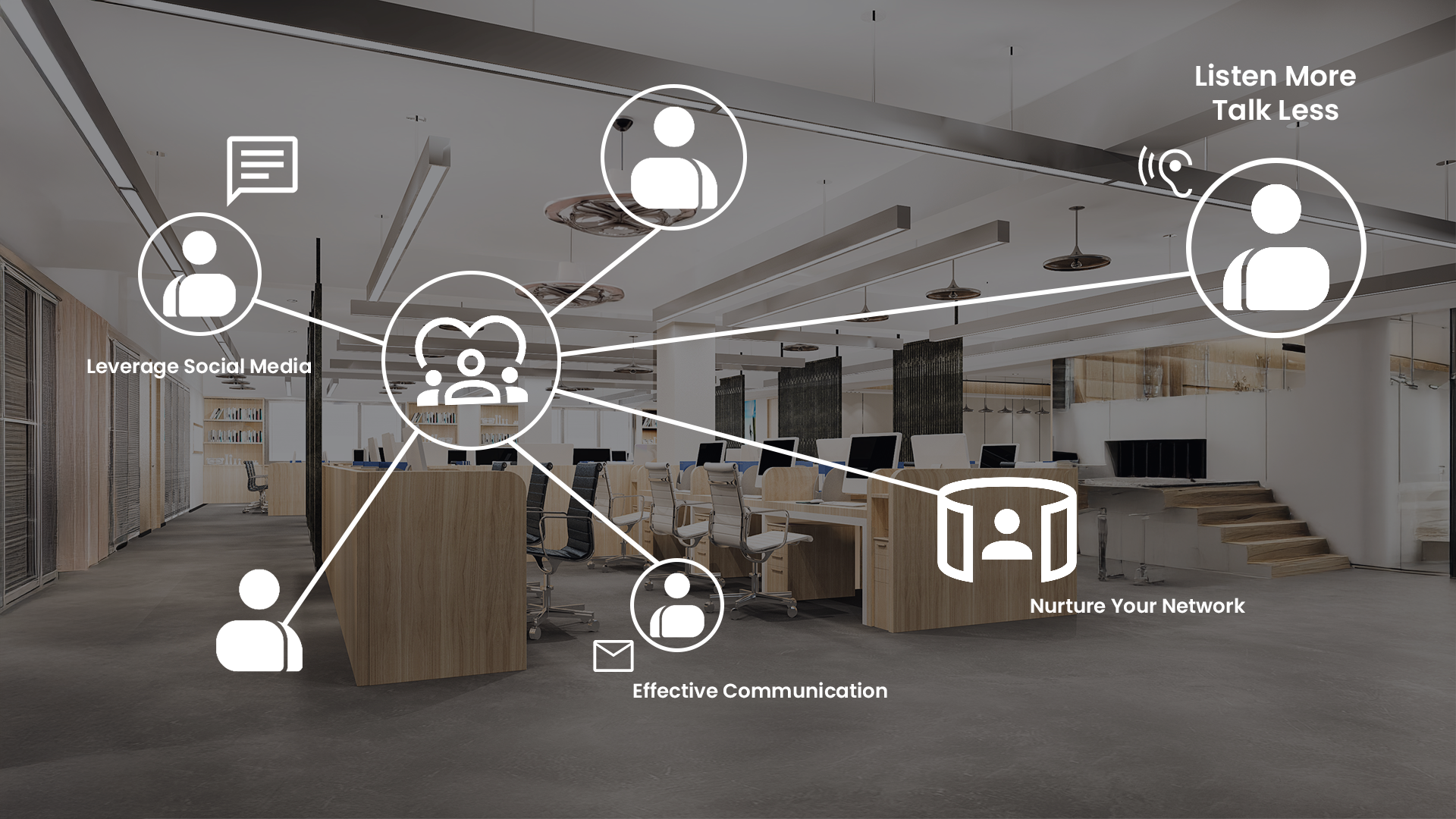The success of a company is measured at least on some level by the accomplishment of internal staff. An employer who actively seeks to have their workers succeed is considered the new standard of progressive management. It is therefore imperative that a culture of entitlement at your company be recognized and avoided, as a festering of this attitude can lead to failure. Entitled employees fail in impressing customers, good management, and often cause issues for their coworkers. If you want your company to prosper and grow, here are eight qualities you should adopt to avoid a culture of entitlement.
Accountability
Where entitled employees have minimal standards for themselves and their work, accountable employees who are hungry to impress their peers, superiors, and themselves are easily recognizable. Accountable employees are the cornerstone of a successful workplace, and so holding them accountable means your business is focused on the follow-through and no task or person is going to slip through the cracks. Squash entitlement before it becomes a problem by holding everyone, including management, hostage.
Organization
Organization is one of the keys to keeping staff motivated and accountable. An organized space, a comfortable routine, and a set of clear goals for staff to work through will ensure that tasks are being done correctly and efficiently the first time around and every time thereafter. Employees’ focus should be on their deadlines, not a mess in the break room. An entitled staff member isn’t going to take on the responsibility of keeping a clean and organized workspace; a workplace culture of entitlement can quickly foster fi lth and chaos.
Balance
Pressure turns coal into diamonds but too much pressure or inconsistency on your employees creates a stressful and unhappy work environment that prevents top-quality work from being done. At the same time, a complete lack of pressure can lead to an unmotivated and entitled staff, and good management is essential to figure out the balance and keep it there; a healthy work-life balance makes for healthy workers.
Stress at work also increases health risks, meaning more sick days and higher medical costs. Entitled employees tend to abuse the system and take advantage of these benefits, putting more stress on the staff who are not going to do that, but will suffer as a result. A balance that doesn’t overwork your team and doesn’t leave room for a slippery slope into bad finances is key.
Team Environment
Entitled employees are usually looking out for themselves only, and this feeds resentment and inferior work, as a company full of self-serving individuals isn’t going to meet its quotas and needs. Your employees should act as a team by working together to accomplish goals and holding clarity and communication as a bare standard, taking their individual roles in the workplace seriously. A healthy and strong team environment requires less supervision and discipline and helps ensure that everyone is on the same page.
Consistency
Consistency means your company is working efficiently, meeting deadlines, and going beyond their assigned tasks. In a consistent and routine-centric environment, workers are more comfortable and can easily be held to their end of the deal when they’re not meeting the needs of the company. Without these checks, there are greater chances that certain people are going to test the boundaries only to accomplish the bare minimum. Rewarding good employees and disciplining workers that slack off, essentially costing company money, leaves little or no margin for error.
Discipline
A culture of entitlement allows room for carelessness, and if it extends into management, a workspace without discipline. Your company will feel the effects of confusion and disorder. Don’t let unruly employees dominate the office. Timing is of the utmost importance; be fi rm, consistent, and fair in your disciplinary actions without waiting it out for a prolonged period. Wanting to avoid conflict is a human trait, but in higher management and disciplinary actions, it provides no benefit. Reasonable consequences for excessive tardiness, policy violations, and other office misconduct will ensure that these behaviours remain controlled.
Reward
Underappreciated employees can often feel stressed, and at some point, they are justified in not producing their best work. Rewarding good work is healthy and equally as important as discipline of poor performance. Positive reinforcement keeps staff happy and motivated, and this reflects in how they operate within their assigned roles and the amount of extra tasks they are willing to take on. Without incentives, staff will feel as though their effort isn’t meaningful, creating a self-fulfilling prophecy. Rewarding employees doesn’t have to be a drain on the company finances, with small gestures making a tremendous difference for yourself, your company, and your customers.
Development
A culture of entitlement can lead to an apathetic staff. Your business goals aren’t stagnant, so why should your employees be? Opportunities for growth in the workplace encourage staff to work harder and smarter in order to impress you and themselves and can even tie in as a reward, as training and new skills allow individuals better positions and acknowledgement. In the end, not only will employees improve their performance, but your customers will receive the quality service they deserve from a hardworking group of people.
Allowing for a culture of entitlement at your company is like asking employees to drill holes in the bottom of a boat; it makes it impossible to move forward and it will result in everyone sinking. The success of your business fully relies on a hardworking staff that is empathetic to their coworkers and management with a positive outlook on the product and customers they service. Success, of course, is the main goal at any company, and no one is entitled to success without putting in the work.
Jasmine Cormier | Contributing Writer



















